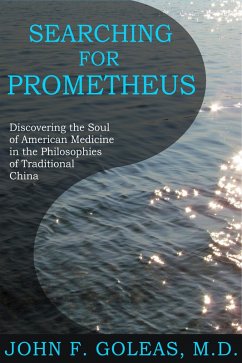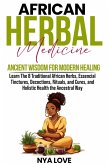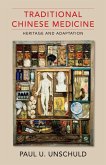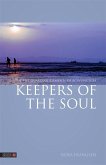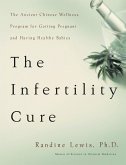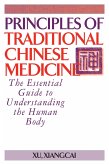It is estimated today that more Americans obtain basic medical care from alternative providers than traditional ones, even though these modalities are considered to be unproven and potentially harmful by the medical status quo. The reason for this preference cannot be explained by cost, because, in fact, though these alternative modalities are most often not paid by health insurance plans, consumers are still willing to pay for them out-of-pocket. Many prefer alternative therapies because they have concluded that physicians just don't care about people, or don't know how to deal with them, but the reasons goes much deeper than that, to the very foundations of our society, our belief system, our science, and our medical philosophy. The author suggests that what is needed is some intangible human element missing from orthodox medicine because our Western medical model has no soul.
To help unravel the complicated reasons for our ailing system, the author embarks on a philosophical journey to explore the foundations of human thought and culture and identify some reasons why walls exist between societies. He then provides a brief review of the history of Western philosophy and science in order to explain why certain contradictions are inherent to our beliefs. He goes further, reviewing the history of medical science in the West, in order to identify reasons for our healthcare system's successes and failures. Emphasizing that the life sciences can never claim to be pure science, he suggests that alternative therapies can provide important elements lacking in our orthodox western healthcare model, by examining the oldest and most successful alternative healthcare system in the world: Traditional Chinese Medicine. A brief history of Chinese philosophy and science is presented, and certain approaches of the traditional Chinese medical system are discussed.
The author demonstrates how our Western scientific medical model is fraught with inconsistencies we either do not see, or choose to ignore; he suggests that recognizing the great schizm between the theoretical constructs and the actual practices of our healthcare system gives us a valid reason to consider the tenets of successful alternative therapies in light of our own failings. Finally, our Western mechanistic healthcare model is contrasted with the holistic patient-oriented approach of Traditional Chinese Medicine, demonstrating that the strengths of both systems can be integrated to create a new syncretic medical model in ways that are both culturally acceptable and scientifically verifiable.
SEARCHING FOR PROMETHEUS offers readers insights about Man and medicine from a medical insider who crosses intellectual barriers in a non-academic manner that will interest a diverse audience. Even those who are not won over by its arguments will be enr...
Dieser Download kann aus rechtlichen Gründen nur mit Rechnungsadresse in A, B, CY, CZ, D, DK, EW, E, FIN, F, GR, H, IRL, I, LT, L, LR, M, NL, PL, P, R, S, SLO, SK ausgeliefert werden.

